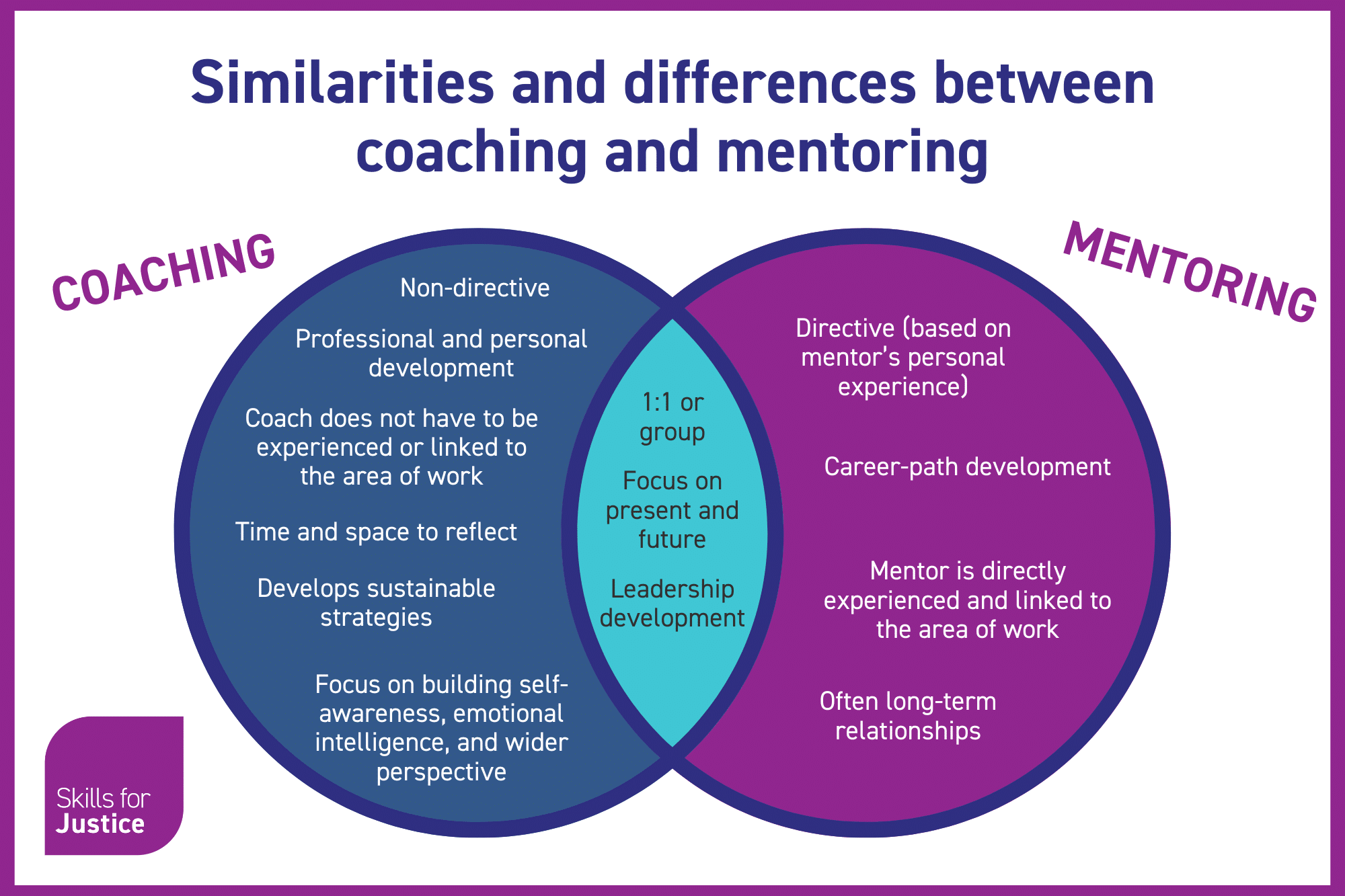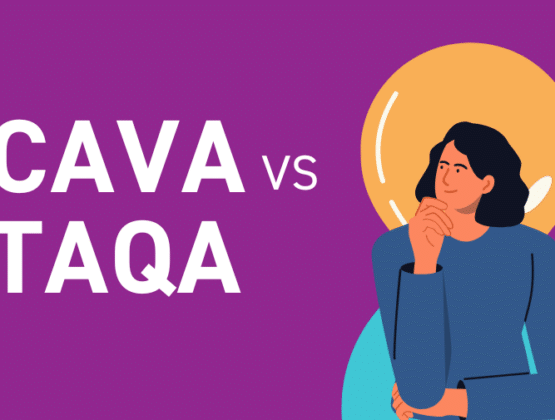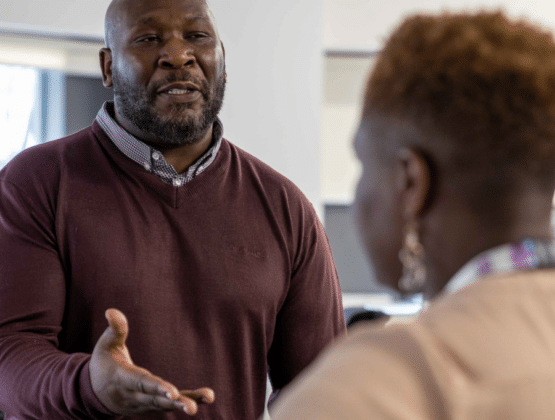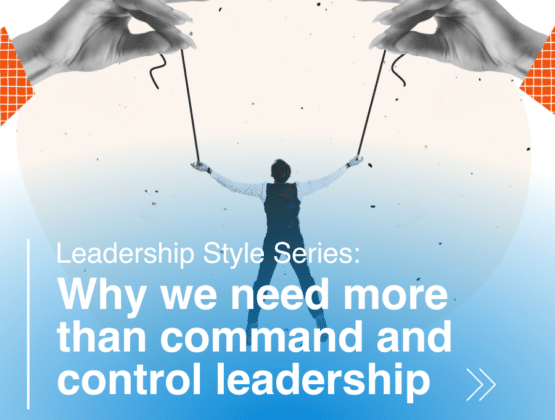Published by Skills for Justice
Coaching vs mentoring: What is the difference?
Date 31.05.23

You may experience coaching and mentoring at various stages throughout your career. Both options are a valuable resource for professional growth. In this blog, we will explore the distinction between the two.
Jump to:
What is coaching?
Firstly, what is coaching?
Coaching is a partnership that empowers the coachee to creatively consider and enact ways in which they can maximise their personal and professional potential.
How can coaching support the workforce?
We live in a VUCA world, where things change fast and are hard to predict. VUCA stands for volatility, uncertainty, complexity, and ambiguity. This term was coined in the 1990s, but it is still relevant today, especially for public-sector organisations, having to work with partners in complex systems. To cope with this changing world, they need to provide their employees with opportunities to learn and find solutions.
One way to do that is through coaching. Coaching is a powerful tool for personal, team, and organisational growth. It can help people improve their skills, confidence, communication, and relationships. These are all essential for succeeding in today’s context. According to a survey by ICF (2009), more than 70% of people who receive coaching report positive outcomes.
Coaching can strengthen success and employee experience in the following contexts:
- Leadership development
- Organisational behaviour
- Wellbeing initiatives
Here are some of the key characteristics you might expect to see from coaching:
- Professional coaches are informed by contemporary evidence-based practice.
- Coaching is non-directive and a coach will empower the coachee to explore their own way forward.
- It typically involves a one-to-one relationship, however team and group coaching are on the rise.
- It can focus on individual, team and organisational goals.
- A coach will ask powerful questions and create a safe space to pause and identify ways to stretch capabilities to reach development goals.
- Professional coaches will have the appropriate experience and credentials.
- Predominately delivered in short sharp sessions with a higher degree of flexibility.
What is mentoring?
Mentoring is a process where a more experienced colleague (the mentor) provides advice and support to a less experienced person (the mentee) in following a career path. This relationship is built on trust, respect, and communication. Mentors do not need to be professionally qualified as their advice is based on personal experience, however there are qualifications that can be valuable in such a role.
Mentoring is often associated with a professional journey, presenting an opportunity to build connections and learn from experienced others in their chosen field of work.
Mentoring relationships also tend to be more successful when there is mutual learning between both the mentor and the mentee, rather than just the mentor providing the direction and advice.
Here are some of the key characteristics you might expect to see from mentoring:
- Mentors provide advice to mentees informed by their personal and professional experiences.
- The mentor and mentee(s) build a long-term relationship.
- Mentoring relies heavily on mutual trust and respect between the mentor and mentee.
- Clear and efficient communication is key to the success of a mentoring programme.
- The effectiveness of mentoring relies on having a mentor who is consistent.
- Mentoring can sometimes be fluid and lack structure so employers should check QA procedures and policies are up-to-date and align to key activities.

Coaching skills course with Skills for Justice
We offer an introductory coaching skills course, which is designed to develop learners’ understanding of the course principles and practices of coaching in the workplace. This course can be used as part of continuous professional development (CPC) programmes for managers or leaders, or as a standalone course to help participants make the decision whether to further develop their understanding in this area. It can also be used as a refresher training course for managers and leaders who already take part in coaching in the workplace.
Get in touch today to find out how we can help you and your team.
Get in touch
Get in touch with our team to find out how we can support you.
"*" indicates required fields
Webinar: How to build a coaching culture – a justice perspective
Watch this webinar on-demand
This webinar looks at how employers can go about creating and applying an organisational mindset focused on support, nurturing and shared learning and the impact this can have on performance and service delivery. With guest speakers including John Mark Williams, The Institute of Leadership and Management, and Keith Fraser, Chair of the Youth Justice Board.






